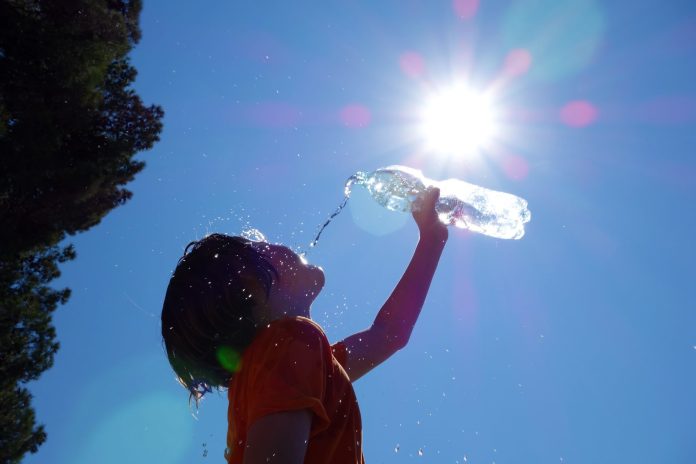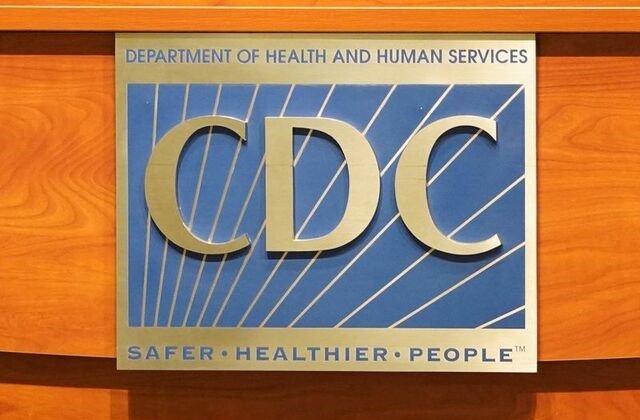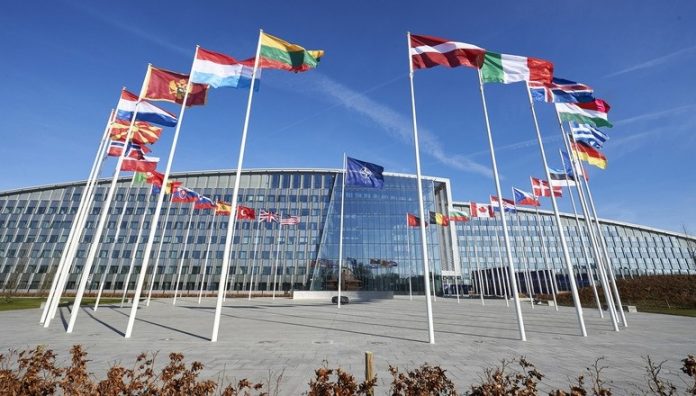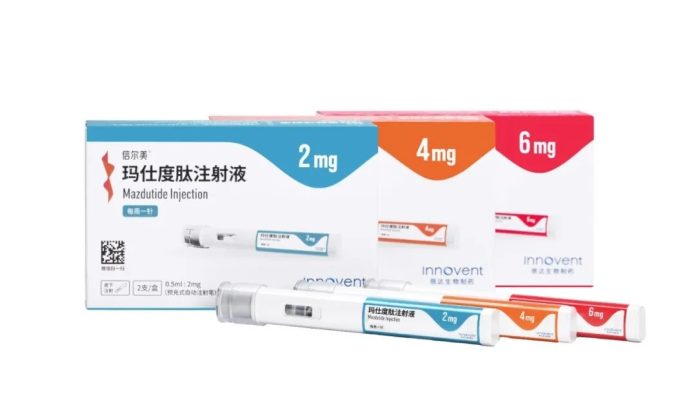Should you drink ice water in hot weather?
Things are hotting up across the U.S. — this past week saw hundreds of record highs broken from the Plains to the East Coast under the threat of an oppressive heat dome, and temperatures will soon head back up again.
Staying hydrated is a crucial step to keeping safe from dangerously high temperatures. Dehydration, which occurs when the body uses or loses more fluid than it takes in and reduces your body’s ability to sweat and maintain a normal temperature, can result in heat injury, urinary and kidney problems, seizures, and low blood volume that is potentially deadly.
The fix is drinking more water — especially before exercise or exposure to such conditions.
“Drinking more water in hot or humid weather helps lower body temperature and replaces water lost through sweating,” the Mayo Clinic explains.
But, does it matter what kind of water you drink? Is ice water in extreme heat better? Here’s what the experts have to say…
There are few wrong ways to stay hydrated
Some people may prefer cold water because they consider it to be thirst-quenching. However, the science doesn’t point in one specific direction.
One study found that crushed ice is beneficial compared with cold water when trying to work out in the heat. Other research has found that drinking hot water might help to cool you down faster in dry heat.
Gastroenterologist Dr. Brian Weiner told the Cleveland Clinic that there isn’t a lot of science to back up the claim of whether or not cold water is good for you.
“We all need to hydrate ourselves. That’s critical. In terms of studies or science about this, it is relatively limited,” he explained.
“There’s absolutely no benefit to the temperature of your water. The most important thing is to stay hydrated,” registered dietitian Beth Czerwony told WKYC.
Men should drink about 13 cups of water and other beverages a day. Women should drink around nine.
If you’re outdoors, Robert Rimorin, the athletic trainer for the University of New Mexico baseball team, said staying hydrated and drinking plenty of cool fluids can help you to avoid the two main types of heat-related illnesses, which are heat exhaustion and heat stroke.
“The first way people can prevent heat exhaustion is to stay hydrated,” Rimorin says. “It will help keep you, your tissues and your organs cool.”
Athletes may have more of a benefit from drinking cold water
Some research has found that cold water can significantly delay the increase in core body temperature during an exercise session.
Weiner, who has studied water temperatures and the ice diet for years, recently explained to The Washington Post that this may be because blood vessels in the mouth and upper esophagus that are exposed to cold water and ice cool the blood that is then circulated throughout the body.
Cold tap water, he said, seems to cool athletes down faster, and cold beverages were better than room-temperature or hot beverages.
“It turns out that sweating stops before fluid can completely be incorporated into the body. There’s some kind of reflex that acknowledges liquid intake, and studies have shown that it kicks in more at the cold tap water level,” said Weiner.
Super cold water might not be ideal for everyone
Pennsylvania Emergency Dr. Harry Emmerich told WMDT that super cold water is hard for the digestive system to handle, and can cause esophageal spasm, which creates chest pains and abdominal cramping. That’s in addition to the sensation of “brain freeze.”
“It’s kind of the equivalent to getting a brain freeze when you drink a slurpee. You get such a significant difference between your body temperature and the ice cold water, that will be at 32 degrees, which will cause spasm, cause your heart rate to drop, and cause your blood temperatures to drop,” he said.
During heat exhaustion, drinking ice water will not cause a stroke, Shelton noted. But, it could cause someone to lose consciousness.
“There are reports of rare cases who when they consume cold beverages they do pass out. This is an unrelated illness it doesn’t relate to heat. This can happen to someone whether they are in warm temperatures, cold temps — it’s just a nerve-related consequence that can happen,” family physician Dr. Karla Robinson told WCNC.
People who may be experiencing heat exhaustion should consider drinking water that’s closer to room temperature, Evansville Dr. David Schultz told Tristate Homepage.com.
“The cold ice water gets into the esophagus and the stomach, and there are nerves along the esophagus and stomach known as the vagus nerves,” Dr. Schultz explains. “These nerves can fire up, send a signal to the brain and actually cause an individual to pass out and lose consciousness briefly.”











